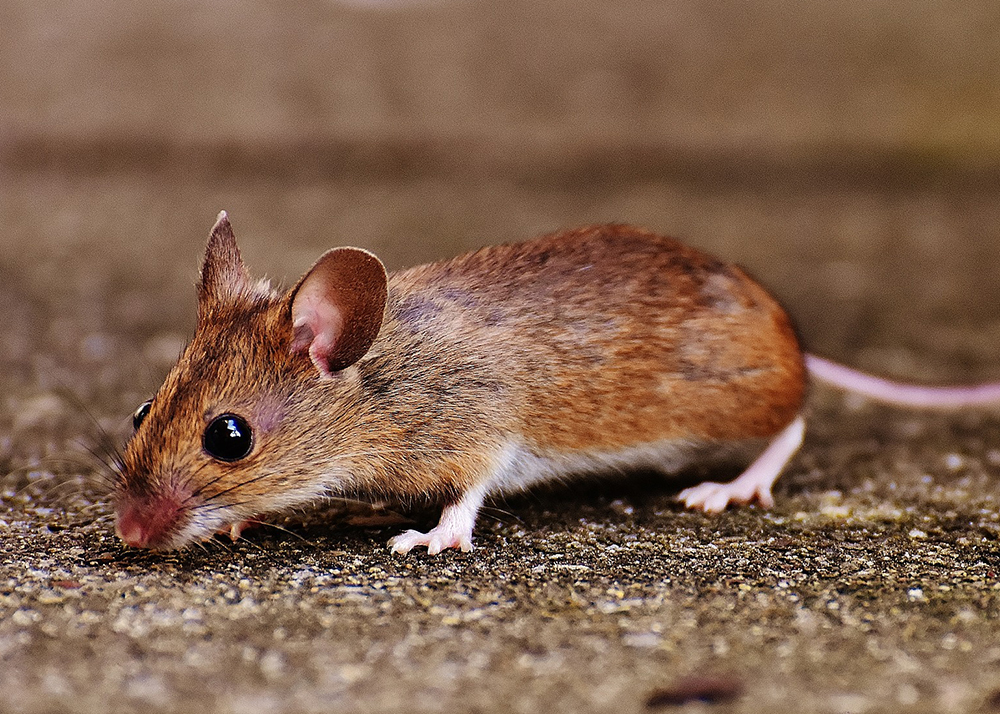To address the increasing problem of Lyme disease on Nantucket, MIT scientists propose releasing hundreds of thousands of genetically altered mice on the island, according to a report from MIT.
White-footed mice that have developed an immunity through exposure to the bacteria that causes Lyme disease would have some of their genes edited, to make their natural immunity inheritable, The Boston Globe reported. White-footed mice have been unable to transmit their immunity to their offspring. However, gene editing has the potential to change that, the Globe said.
“Because mice breed so quickly and prolifically, the scientists are betting the genes of the new rodents would predominate soon after their release. The immunized mice, they hope, would curb the spread of Lyme, which has increased dramatically” on Nantucket Island, a popular Massachusetts vacation spot, according to the MIT report. “If fewer mice carry Lyme, the scientists say, fewer ticks that bite them would become infected. That, in turn, would mean fewer ticks that bite humans would carry Lyme.”
The approach would require regulatory approval, as well as municipal backing, but Joanna Buchthal, the project’s research director, believes it provides a “real, if revolutionary, way” to combat the disease. “With so many people suffering from Lyme every single day, which is an awful disease, we need a solution urgently,” she said in the MIT report.
Lyme disease is a growing problem
Nantucket is one of the Massachusetts hotspots for Lyme disease, which is now the most frequent infectious disease on the island, according to the Nantucket Health Department’s “Infectious Disease Report.”
According to the U.S. Environmental Protection Agency, Lyme disease cases have nearly doubled countrywide since 1991, with Maine, Vermont, and New Hampshire experiencing the greatest increases.
Many supporters of the MIT initiative are concerned that the project will take too long or will never go through the regulatory procedure because there is little precedence for state and federal officials in permitting the release of such genetically modified organisms into the wild, according to The Boston Globe.
A similar project involved releasing genetically altered mosquitos in the Florida Keys as a way to reduce a host of deadly diseases carried by the invasive species, the so-called yellow-fever mosquito, which can spread Dengue fever, Zika, and chikungunya. Despite the benefits of the program, obtaining approval took several years, according to a report in Nature.
The future of a Lyme disease vaccine
In the meantime, biotechnology firms are seeking other ways to overcome the problem of Lyme disease. The Lyme disease vaccine developed by Pfizer and Valneva was “found to be more immunogenic” in pediatric patients than in adults in a Phase 2 trial, prompting the partners to include this demographic in a late-stage trial set to begin in the third quarter, according to reports.
Based on these new findings, Valneva, a French specialty vaccine business, and Pfizer said they want to continue with the inclusion of pediatric participants in their next Phase 3 study. The trial will assess the vaccine candidate, VLA15, in adults and pediatric participants aged 5 and above, and it is scheduled to begin in the third quarter of 2022, subject to regulatory approval.




